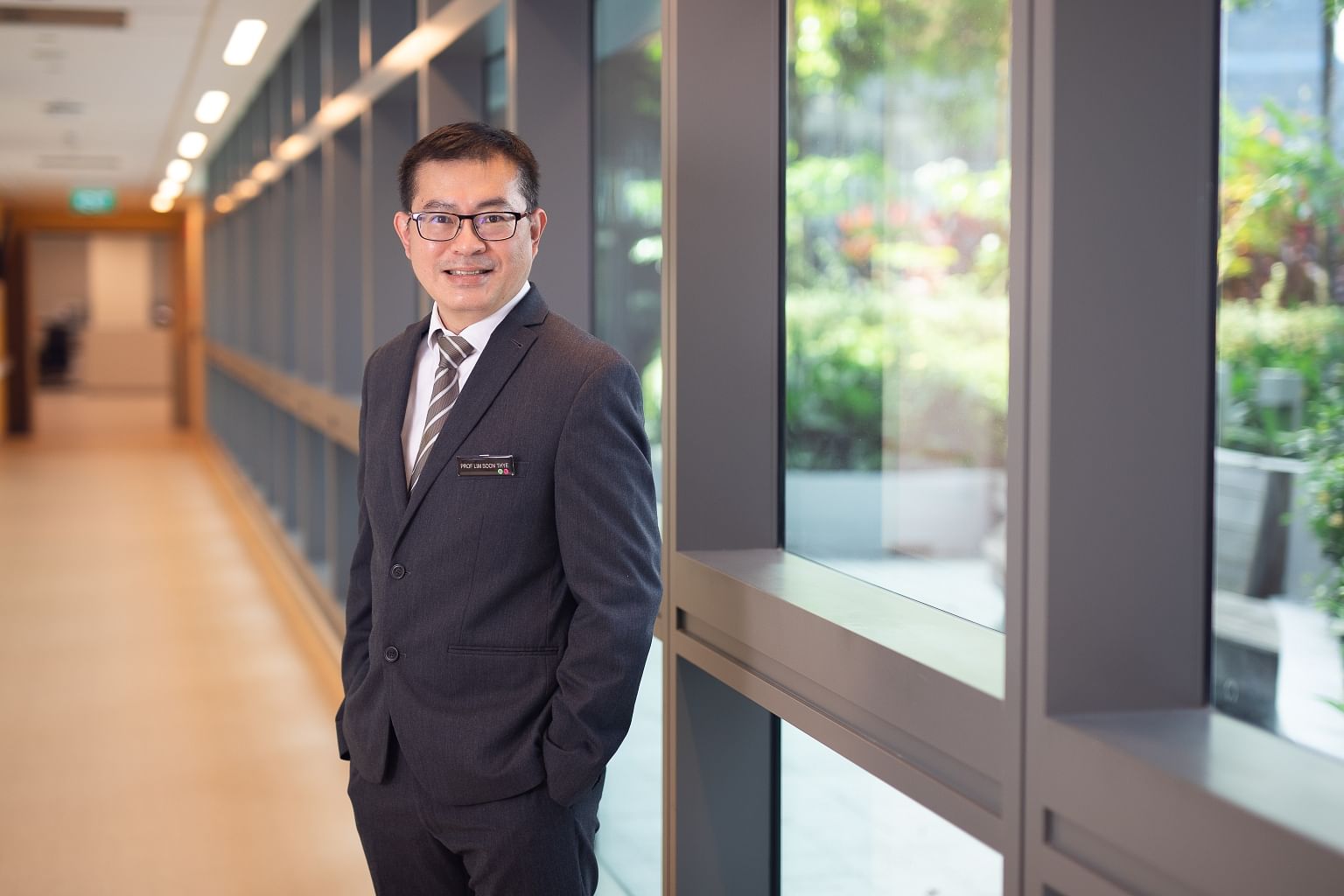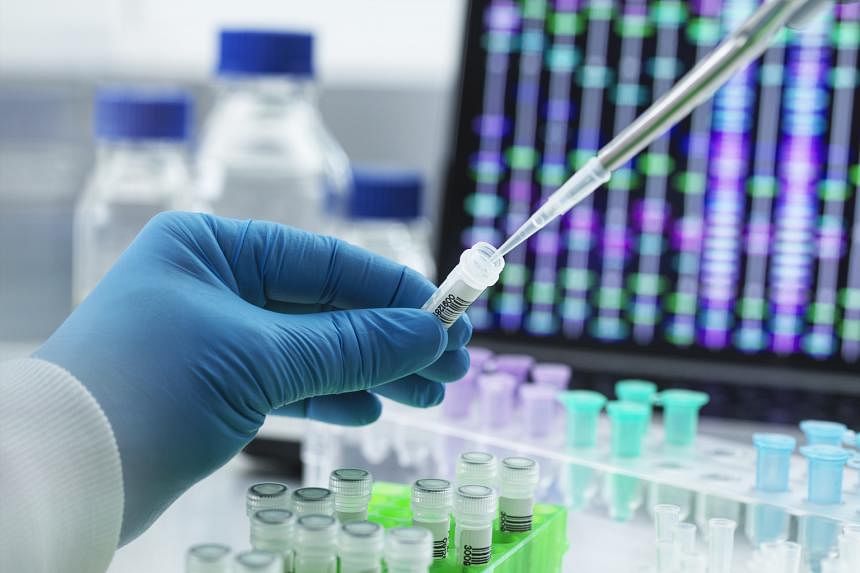Singapore, like most modern, developed countries, has been grappling with a rising incidence of cancer. Today, one in four Singaporeans is likely to get some form of cancer during their lifetime, according to the Singapore Cancer Society.
The Singapore Cancer Registry Annual Report 2021 revealed that over 84,000 new cancer cases were reported between 2017 and 2021.
Lymphoma is among the different cancer types reported, with the aggressive form – natural killer/T-cell lymphoma (NKTCL) – more prevalent in the Asian population. A rare blood cancer, it remains less studied and is poorly understood, according to the National Cancer Centre Singapore (NCCS).
As a result, treatment options are limited and survival rates are relatively low.
Professor Lim Soon Thye, chief executive officer at NCCS and professor at Duke-NUS Medical School, explains: “Lymphoma is a complex cancer which can manifest in various forms or exhibit different characteristics in different individuals. We need to better understand the disease and take a more targeted approach to treating individuals affected by it, so that we can improve treatment outcomes.”
His research is supported by the Tanoto Foundation Professorship in Medical Oncology at the SingHealth Duke-NUS Academic Medical Centre. The Professorship was established with the support of Tanoto Foundation in 2013 and has been a catalyst for several findings in the field since its inception.
Identifying cancer-causing genes
One major area of study conducted by Prof Lim and his NCCS team is genome sequencing and analysis.
In 2019, they collaborated with Singapore General Hospital (SGH), National University Cancer Institute, Singapore (NCIS) and Genome Institute of Singapore (GIS) under Agency for Science, Technology and Research (A*STAR) to study more than 21,000 participants from Asia and the United States. This has been described as the largest NKTCL genome-wide association study to date.
The study found that two genes, IL18RAP and HLA-DRB1, significantly increase NKTCL risk in patients.
Those with a risk allele (a variant form of a gene) are 39 per cent to 53 per cent more likely to develop NKTCL. Individuals with two identical risk alleles in IL18RAP, HLA-DRB1 and HLA-DPB1 are 18 times more predisposed to the disease.
“Our findings shed light on the need for genetic consultation to aid precision medicine for patients with NKTCL and point to the potential benefit of immunotherapies to tackle this deadly disease,” says Prof Lim.
Prof Lim also co-leads the Lymphoma Genomic Translational Research Laboratory at NCCS with leading oncologists, pathologists and scientists, taking a bench-to-bedside approach to lymphoma treatment research. The laboratory currently drives whole-genome sequencing of NKTCL in the International Cancer Genome Consortium (ICGC).
Personalised cancer treatment for lymphoma

By 2030, a quarter of Singaporeans will be 65 or older. While medication, diet and healthy lifestyle can contribute to reducing cancer risk, genetic mutations inevitably occur in cells as individuals age.
The current standard treatment for NKCTL patients involves a combination of chemotherapy and radiotherapy, but patients often relapse and survival is not guaranteed beyond six months.
With Tanoto Foundation’s support, Prof Lim’s team performed whole-genome sequencing in 2020 and identified a mutation in the PD-L1 gene as a potential target in NKTCL patients.
While this gene regulates and prevents over-activation of the immune system, it also inadvertently prevents the immune system from attacking cancer cells. From the team’s findings, relapsed NKTCL patients with this gene mutation were more likely to show a positive response to anti-PD-1 therapy, a type of immunotherapy.
Immunotherapy treatments train the body’s immune system to fight cancer cells.
With this discovery, clinicians can identify patients who would benefit more from immunotherapy compared to standard cancer treatment options. This saves time and cost, and improves survival rates.
These findings have since been published in the journal Leukemia, and the mutation was integrated into a clinical-grade diagnostic panel to personalise treatment recommendations, which are now used in several countries.
Equitable access for all
Another key priority in Prof Lim’s clinical leadership role is to enhance and standardise the delivery of oncology care across SingHealth.
Cancer patients undergoing care and treatment at NCCS, Changi General Hospital, Sengkang General Hospital, SGH, and KK Women’s and Children’s Hospital now follow the same treatment pathways. This ensures equitable access to high-quality cancer support and resources – from screening, diagnostics, treatment, rehabilitation and palliative care to psychosocial support.
“Our research and clinical work must continue, as there is more that we need to understand about cancer to improve the quality of life and survivorship for individuals who are diagnosed with cancer,” says Prof Lim.
Tanoto Foundation’s support for Prof Lim is part of its wider commitment to medical research and development in Singapore, according to Ms Belinda Tanoto, a member of the Board of Trustees, Tanoto Foundation.
Since 2009, the foundation has contributed almost $21 million towards research and advocacy for treatments for major health issues, including oncology, cardiology and diabetes. The goal – to bring about an improvement in the overall well-being and lifespan of people in Asia and beyond.
In September 2023, Tanoto Foundation achieved a significant milestone in this area with the launch of its Medical Research Fund.
The fund will provide up to $5 million a year to support research into a range of diseases prevalent in Singapore, in the areas of cardiology, maternal and child health, diabetes, oncology and infectious diseases.
"We aim to support medical research to improve the health of Singaporeans and people throughout the region. We’re building an ecosystem of like-minded organisations to amplify the impact of meaningful research which will ultimately transform lives,” said Ms Tanoto.


